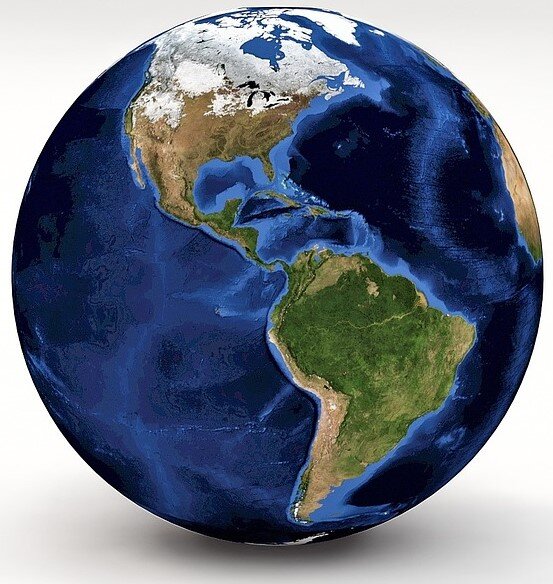Originally published by Heather Holmes.

Image Credit: Image by Arek Socha from Pixabay
As members of the local legal community, we are committed to recognizing and addressing the systemic injustices that exist for many of those we serve. We are dedicated, as always — even during the pandemic — to providing open and equal access to justice for all. Helping remove the structural barriers that prevent many individuals from receiving the services and information they need to pursue personal justice is part of that mission.
One of the most fundamental obstructions to justice and to a fuller appreciation of and respect for others – particularly Native people — is a lack of recognition for the very land on which we walk. Native American Heritage Month, which comes to a close at the end November, is the perfect time to start a new journey of understanding, to embrace equity, grow in gratitude for the land we all occupy, and honor the Indigenous people who steward it.
Previously on this blog, we have applauded the efforts of organizations like the American Bar Association, whose Implicit Bias Initiative is designed, in part, to educate and inform the legal community about cultural and structural barriers that impact the delivery of legal services for many people, especially those at the margins. Today, in a continuation of such a laudable effort, we offer the following additional resources. The organizations linked below explore how we can all work toward achieving an affirming, inclusive, and equitable social ecosystem for all people, and, in particular, those who are native to the North and South American continents.
We conclude the list with a link to a tool that will help you identify, learn about, and acknowledge the Native people whose land we occupy. For example, the land on which the Harris County Law Library sits is home to a number of Indigenous nations, including the Karankawa, Coahuiltecan, Atakapa-Ishak, and the Sana. Enter your address to find the names of the Indigenous people who once tended the land you now occupy. Learning about the culture, language, and heritage of these people is a recommended first step to dismantling systemic injustice against Indigenous communities. We hope the resources provided here help in that effort.
-
Center for Racial Justice in Education – See: A Racial Justice Guide to Thanksgiving
-
U.S. Department of Arts and Culture: Honoring Native Land – A Guide and Call to Acknowledgment
-
Amnesty International –Activism Skills: Land and Territory Acknowledgment
-
Native Land – Mapping tool for identifying Indigenous people who tended the land you occupy
Curated by Texas Bar Today. Follow us on Twitter @texasbartoday.
from Texas Bar Today https://ift.tt/39gUqVd
via Abogado Aly Website
No comments:
Post a Comment